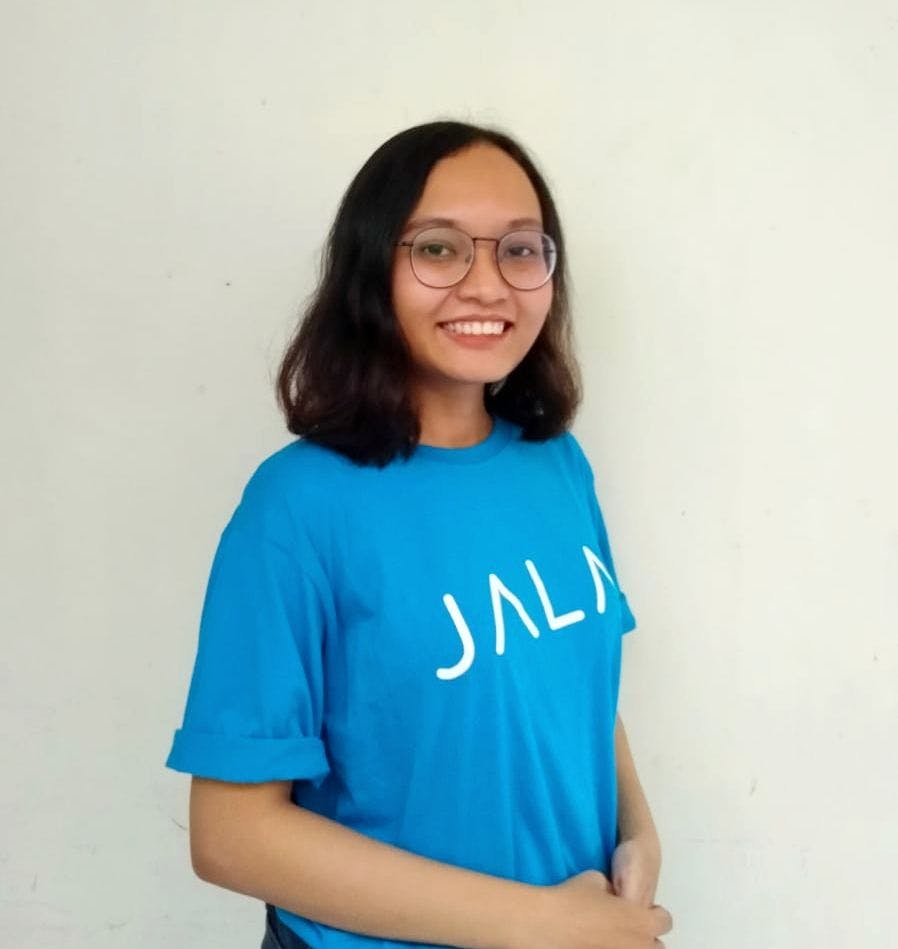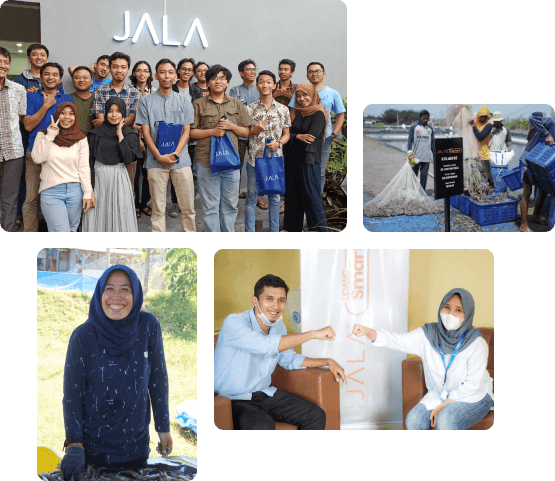
Shrimp farm legality still becomes a serious issue in the shrimp industry. This issue leads to farm shutdowns in several regions across Indonesia. Just like what occurred in Lebak, Banten, two shrimp farms in Cihara dan Malingping were shut down and banned from operating. These farms were shut down because they did not have the permission to operate.
A similar issue also occurred in Sumenep, Madura. The local Public Order Enforcers Police shut down an unlicensed shrimp farm in Bluto. This legal permission issue that has occurred multiple times has raised concerns among shrimp farmers.
Due to the aforementioned issue, The Ministry of Maritime Affairs and Fisheries of Indonesia and Shrimp Club Indonesia (SCI) initiated Permission Counter. This initiative aims to streamline the flow of shrimp farm business permission and supervision, which were already implemented in Banten and Surabaya last July.

As the primary requirement, there must be at least ten (10) farms in one province to apply for permission and certification at the counter. Once the Ministry receives an application through SCI, the Ministry will prepare a place for socialization as well as open the permission counters for 1-2 days. A number of officials from across ministries and related services will explain the ease of permission after the effectuation of Omnibus Law on Job Creation. Farmers will be given time to explore it through a Q&A session with all government agencies regarding shrimp farm permission. After that, farmers can choose a permission counter according to their issues.
The permission counter consists of counters to apply for Business Identification Number (NIB) which replace Trading Business License (SIUP), Company Registration Certificate (TDP), and Business Certificate (SKU). There are also Confirmation of Spatial Utilization Activities (KKPR) and Environmental Approval counters that replace Location Permit and other Spatial Utilization Permits (IPR).
There are also Supporting Requirements (formerly known as operational permits), namely Business Licensing to Support Business Activities (PB UMKU): Certificates of Good Fish Cultivation Practices (CBIB), Certificates of Good Fish Hatchery Practices (CPIB) and Good Fish Feed Certificates (PIB) which should ideally be owned no later than 1 year after the pond operates.
At the certification counter, farmers who wish to apply for one or more of the certifications mentioned above will be recorded by officers from the Ministry of Maritime Affairs and Fisheries, and farmers will be asked for complete pond legality documents and other technical documents. Then, the officers from the Ministry will conduct a survey of these ponds. If the farm passes the survey, CPIB, CBIB and CPPIB certificates will be issued.
As a company engaged in the shrimp industry, JALA encourages shrimp farmers to use this great opportunity. With the permission counter, farmers are expected to get more convenience to apply for permission and certification, worry less about their farm legality status, as well as manage cultivation in a more productive and sustainable way.





